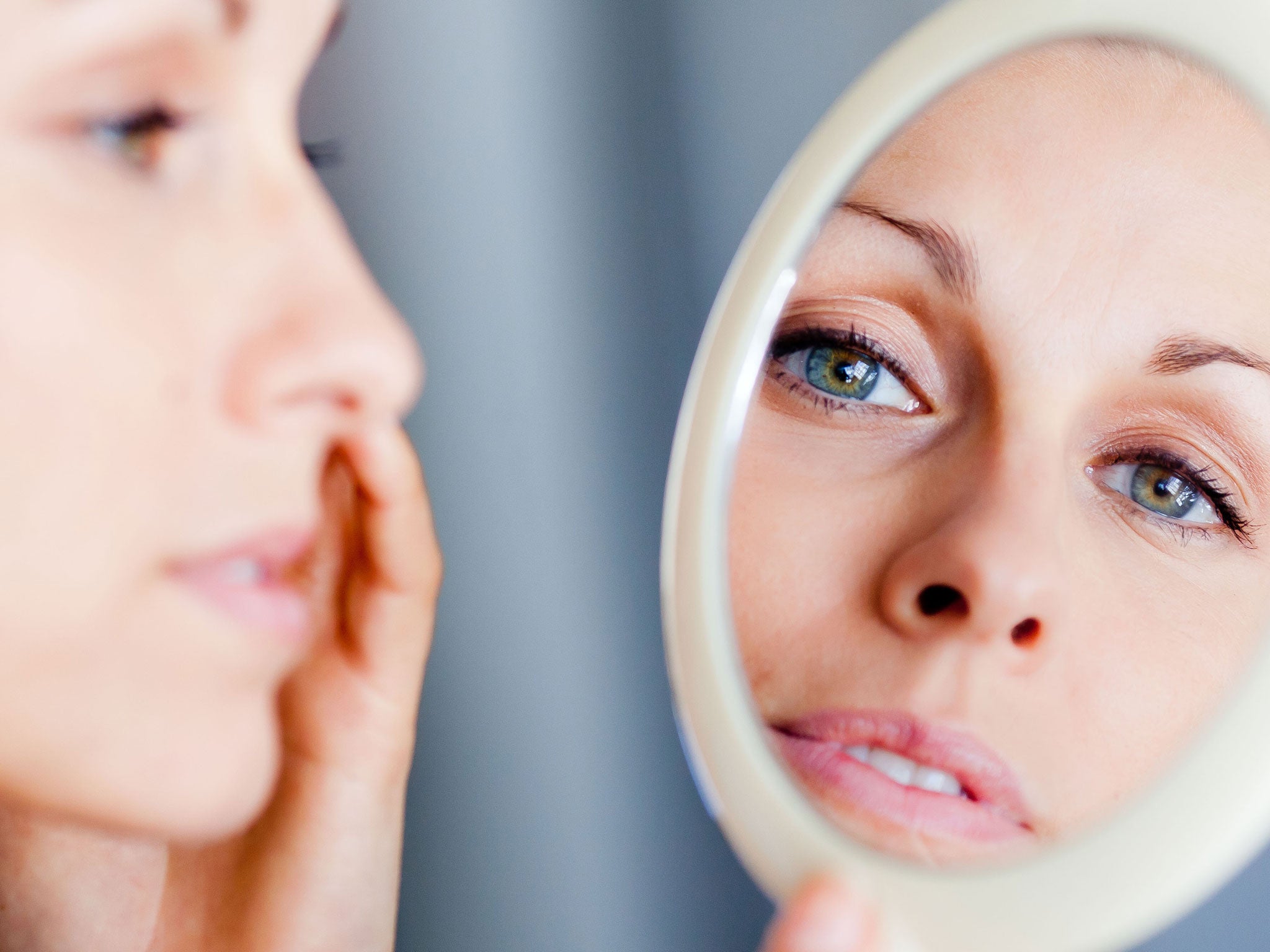Blame your mum if the years have not been kind: study says mothers pass on 'ageing gene'
Results could help in discovery of ways to slow down ageing in humans

Your support helps us to tell the story
From reproductive rights to climate change to Big Tech, The Independent is on the ground when the story is developing. Whether it's investigating the financials of Elon Musk's pro-Trump PAC or producing our latest documentary, 'The A Word', which shines a light on the American women fighting for reproductive rights, we know how important it is to parse out the facts from the messaging.
At such a critical moment in US history, we need reporters on the ground. Your donation allows us to keep sending journalists to speak to both sides of the story.
The Independent is trusted by Americans across the entire political spectrum. And unlike many other quality news outlets, we choose not to lock Americans out of our reporting and analysis with paywalls. We believe quality journalism should be available to everyone, paid for by those who can afford it.
Your support makes all the difference.Mothers play a crucial role in determining how quickly their children grow old by passing on genetic mutations that speed up the ageing process leading to a shorter lifespan, a study suggests.
Scientists have found that inherited mutations in the DNA of the mitochondria – the tiny “power packs” of the cells that are always inherited solely from mothers – can accelerate ageing in mice.
A study has shown that when mutations are artificially created in mitochondrial DNA, the resulting offspring of the affected female mice aged significantly faster than the offspring of unaffected females.
The offspring that carry the mitochondrial DNA mutations also live on average for about 45 weeks, which is about 10 weeks shorter than the offspring of unaffected females, said Professor Nils-Goran Larsson of the Karolinska Institute in Stockholm and the Max Planck Institute of Ageing in Cologne.
“The mitochondria contain their own DNA, which changes more than the DNA in the cell’s nucleus, and this has a significant impact on the ageing process. Many mutations in the mitochondria gradually disable the cell’s energy production,” Professor Larsson said.
“Surprisingly, we also show that our mother’s mitochondrial DNA seems to influence our own ageing. If we inherit mitochondrial DNA mutations from our mother, we age more quickly,” he said.
Ageing comes about as a result of an accumulation of mistakes and damage in the DNA of someone during the course of their lifetime. But the study in the journal Nature also found that inherited damage in the mitochondrial DNA is an important additional factor that influences the speed of ageing.
The offspring of female mice with mutated mitochondrial DNA not only lived shorter lives, they showed signs of rapid ageing, such as brain damage, impaired movement, enlarged hearts and cells with reduced energy metabolism.
“In essence we studied ageing and ageing is caused by the multiple types of accumulated damage. When we age we accumulate damage to the mitochondrial DNA and we’ve shown that some of this damage is actually inherited from the mother,” Professor Larsson said.
“Ageing will never be the result of one single mechanism but we are working with one of the most important factors, one of the main drivers of ageing, which is accumulated damage of the DNA of the mitochondria,” he said.
“Our findings can shed more light on the ageing process and prove that the mitochondria play a key part in ageing. They also show that it’s important to reduce the number of mutations,” Professor Larson added.
Mitochondrial DNA contains only 37 genes, compared with about 21,000 genes in the DNA of the cell’s nucleus, which is inherited equally from both mothers and fathers. However, these mitochondrial genes are vital to the metabolism of all cells in the body.
The study found that relatively mild damage to the mitochondrial DNA of female mice resulted in significant damage to the brains of their offspring, which indicated more rapid ageing compared to the offspring of unaffected females, said Jamie Ross, one of the researchers at the Karolinska.
“The study also shows that low levels of mutated mitochondrial DNA can have developmental effects and cause deformities of the brain,” Dr Ross said.
Barry Hoffer of Case Western Reserve University School of Medicine in Cleveland, Ohio, a senior co-author of the study, said that the results could help in the discovery of ways to slow down ageing in humans.
“There are various dietary manipulations and drugs that can up-regulate mitochondrial function or reduce mitochondrial toxicity. An example would be antioxidants. This mouse model would be a platform to test these drugs or diets,” Dr Hoffer said.
Join our commenting forum
Join thought-provoking conversations, follow other Independent readers and see their replies
Comments